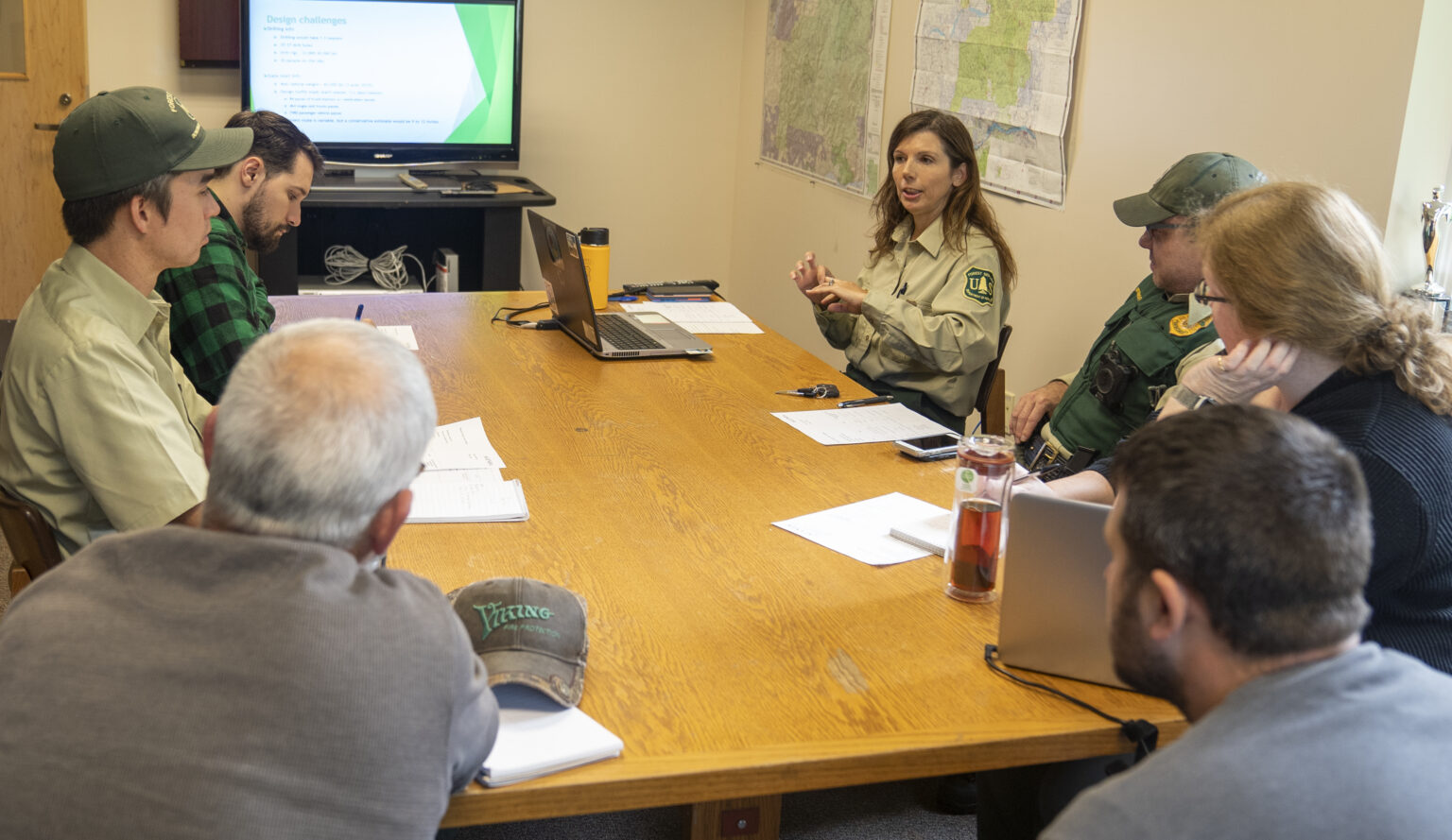Capital Chatter: Can Oregon Legislature police itself on conduct?
Published 9:15 am Monday, July 20, 2020

- Capital Chatter square logo
A strange happening unfolded Wednesday, July 15 in the virtual world of the Oregon Capitol. The Senate Conduct Committee heard testimony about personnel issues involving Sen. Sara Gelser and a former chief of staff, even though the complainant didn’t want a big investigation or for the matter aired publicly.
This was unusual but not unique. The House Conduct Committee in April discussed supposedly objectionable behavior by Rep. David Gomberg, D-Otis, even though the person who was upset by Gomberg’s offhand comment did not want to make a formal complaint.
Trending
These situations and others continue to raise questions about the Legislature’s ability, even its desire, to police itself.
For the record, I am not here to debate who is right or wrong in the interactions between Gelser and her former aide, who alleged a toxic work environment and interference or retaliation with her being able to take family medical leave.
But a number of recent investigations have left me shaking my head, wondering about the Legislature’s process, its fairness and its thoroughness.
Brenda K. Baumgart, the outsider lawyer hired to conduct the Gelser investigation, “did not find any substantiated fact or evidence that Sen. Gelser interfered with or acted in a discriminatory or retaliatory manner toward Ms. (name redacted) in relation to her use of protected family medical leave or any attempt to exercise protected leave rights.” However, the Senate committee delayed action to give people time to see whether there was additional evidence.
The investigator’s report posted on the committee website redacted the name of the former chief of staff, Laura Hanson. However, Hanson testified publicly on Wednesday, accompanied by her lawyer, and she previously spoke with OPB about the situation
Baumgart indicated that the allegations of a toxic or abusive workplace were not covered by the legislative rule in question, unless they involved illegal conduct. She found none.
Trending
The limited scope underscores the shortcomings in the Legislature’s attempts to improve the Capitol culture, which have largely focused on confronting harassment in the wake of allegations against then-Sen. Jeff Kruse. Observers have wondered how seriously legislators took their ensuing anti-harassment training, which was limited.
Meanwhile, the Legislature has little control over people who act like jerks, whether to colleagues, staff or the public. However, a person’s complaint about someone can lead to an investigation and public spectacle even if the complaining person doesn’t want that.
Gelser, D-Corvallis, believes the Legislature needs to establish “a Respectful Workplace Policy that clearly outlines acceptable workplace behaviors as soon as possible.” She is right.
But even if lawmakers agree on such a policy, will they accept and heed the in-depth training required to make them more respectful managers of staff and more respectful employees of the public?
New tax chief: Gov. Kate Brown appointed Betsy Imholt, a former top aide to Senate President Peter Courtney, D-Portland, as the new director of the Oregon Department of Revenue. Brown’s announcement did not say why director Nia Ray departed this spring, how many people were considered for the job or whether there was a nationwide search.
Imholt has worked for the Oregon Department of Transportation and the Legislature, including serving as Courtney’s chief of staff from 2014 until last year. Since then she has been deputy director of the state’s Early Learning Division.
Robin Maxey, Courtney’s former communications director, also works for the Revenue Department.
The governor responds: Previously, I wrote about Gov. Brown’s new Public Safety Training and Standards Task Force. I had asked Brown’s communications staff why the task force neither included Oregonians outside the Willamette Valley nor anyone from the Department of Public Safety Standards and Training (DPPST), which is the state’s training and certification agency.
After the column was published, I received this response from Liz Merah, a press secretary for Brown:
“Members of the Task Force were chosen based on their history of public service and varying perspectives on public safety in Oregon. Retired Marion County Sheriff Jason Myers currently serves as President of the Oregon State Sheriffs Association, and will bring the perspective of all 36 county sheriffs to the Task Force. In addition, the Task Force may choose to bring in other subject matter experts for additional information and perspective as the need arises.
“Because the Task Force will be making recommendations about DPSST, it was decided not to include a DPSST member on the Task Force. However, representatives from DPSST will be attending meetings (as non-members) and providing information and presentations to the Task Force when requested.”
A broader group: Brown announced the members of her new Healthy Early Learners Council on Thursday. They come from across the state, as do members of her new Healthy Schools Reopening Council.
Reprehensible acts: A meeting via Zoom of the statewide Conference of Local Health Officials “was abruptly canceled Thursday, after bad actors usurped the live stream using offensive, racist and sexually explicit language and images, including a Ku Klux Klan image,” according to the Oregon Health Authority.
“The targeting of public health leaders by people who identify with racist hate groups will never be tolerated,” Lillian Shirley, director of the state Public Health Division, said in a news release. “The state is aggressively investigating this incident in an effort to determine who’s responsible and take appropriate action.”




